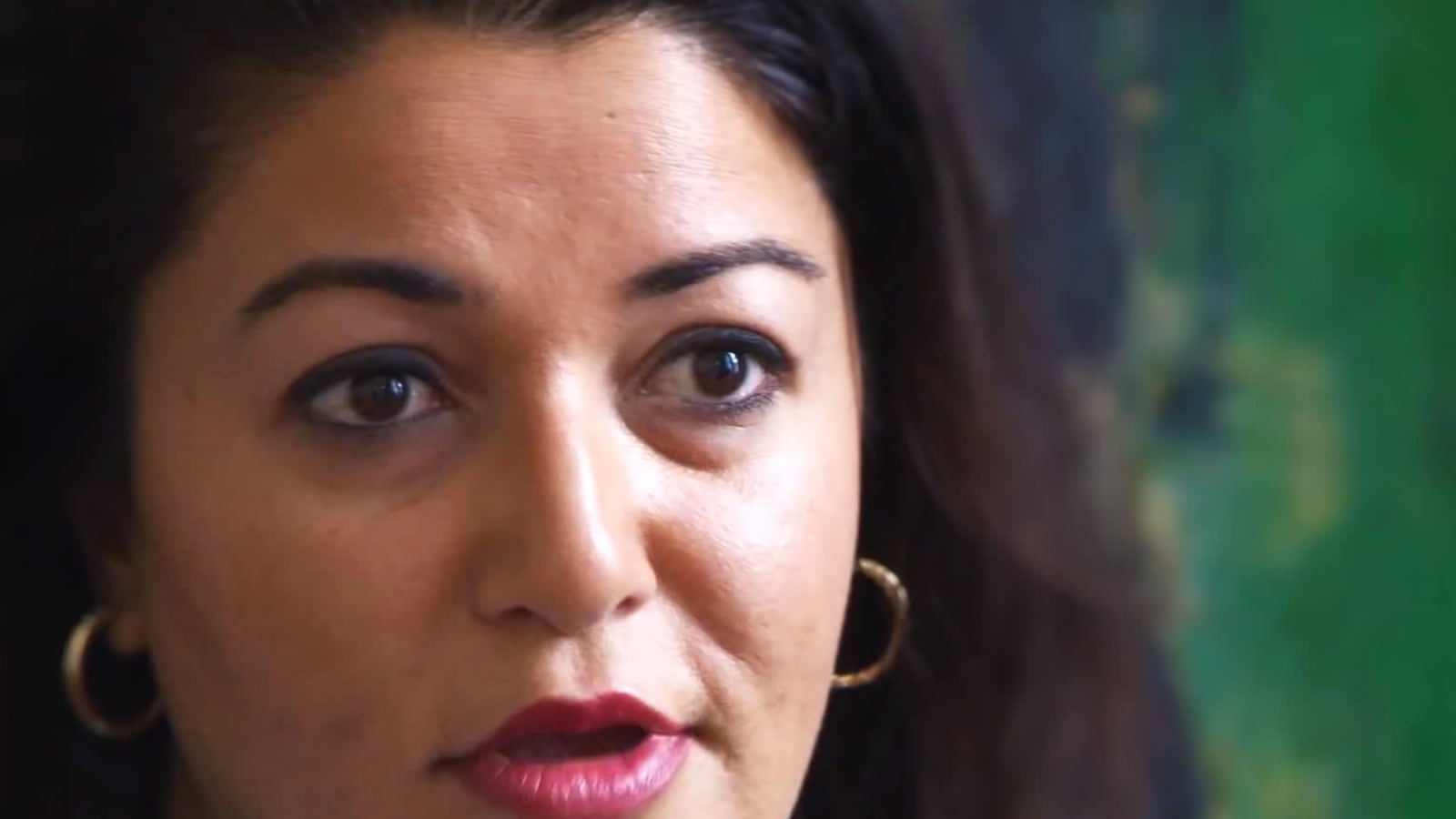By Irshad Manji and Antonia Marrero for the Moral Courage Project
In the big city, finding love is hard enough. For some of New Yorkers, though, the dating pool can be a puddle—thanks to the “culture of honor.”
We’re not talking about the kind of honor that translates into dignity for every individual. We’re talking about family honor, which emphasizes the collective reputation of men. Practiced largely (but not exclusively) in Muslim-majority countries, the culture of honor puts a disproportionate burden on women to do nothing that could merely be interpreted as transgressing social norms, lest the honor of the family—fathers, brothers, sons—be tarnished. One of those norms is to maintain cultural homogeneity through marital ties. The pressure can be suffocating, sometimes literally.
Which makes the moral courage of an Afghan-American named Naheed Elyasi all the more remarkable. Her story gives hope to any young person who’s navigating two vastly different ways of life, and just wants to be happy. Dammit.
It’s not like Naheed is immune to the pull of family and cultural loyalty. She tried obeying her parents’ pleas to marry a Muslim of Afghan or Middle Eastern descent. But in every case, his attitude about women led her to say: no, thank you. Like a layered wedding cake, each experience built on the weirdness of the previous one. The guy who took the cake suffered from a Vagina Dentata phobia, with attendant castration anxiety. (It hurts us even to write that.)
Upon deep reflection, Naheed realized that she didn’t need to subjugate her self worth to the confines of another’s limitations. What she needed from a future partner was that he see her as a woman and as a human being, as distinct from a checklist of what she should be as a good Muslim woman. Having invested so much of herself to become a marketing executive and author, Naheed couldn’t, and wouldn’t, expect less for her personal life.
Now she has a love characterized by respect and partnership. You’ll want to watch the video to see what ultimately surprised her parents.
There’s a teaching here that transcends freedom of choice. In refusing to be guilted by anyone, Naheed freed up her energy to serve other women who want to exercise their agency. She’s writing a book about the lives of Afghan women and has already contributed to One Story, Thirty Stories: An Anthology of Contemporary Afghan American Literature.
Naheed is also an advisor with the Guidance Team, an online service that counsels people about how to live with wholeness despite cultural, religious, or political constraints. She gets a lot of questions from young Muslim women who take too seriously the threat of parental breakdown. “It’s manipulation,” Naheed points out.
The final lesson of her love story? One’s hard-earned integrity is more important than one’s given identity. Honor that.






